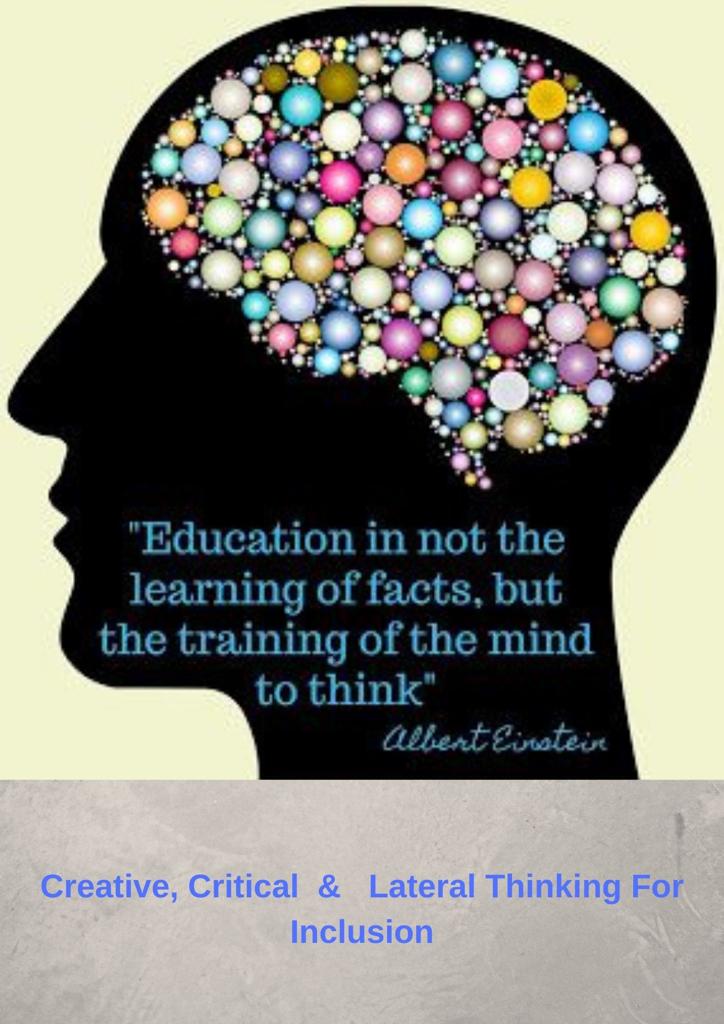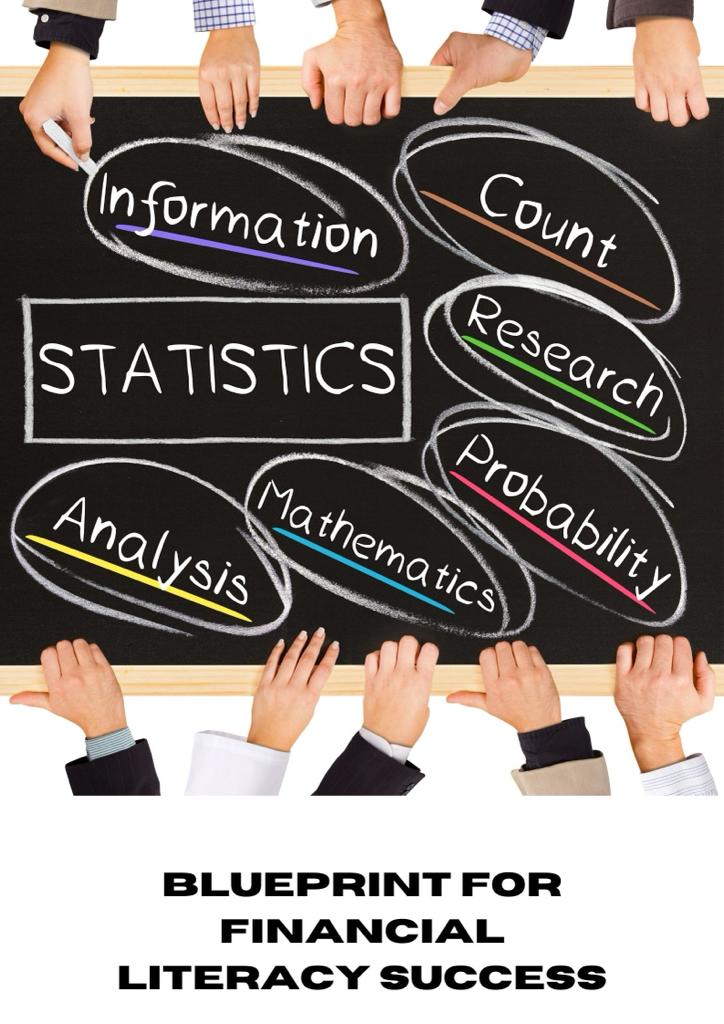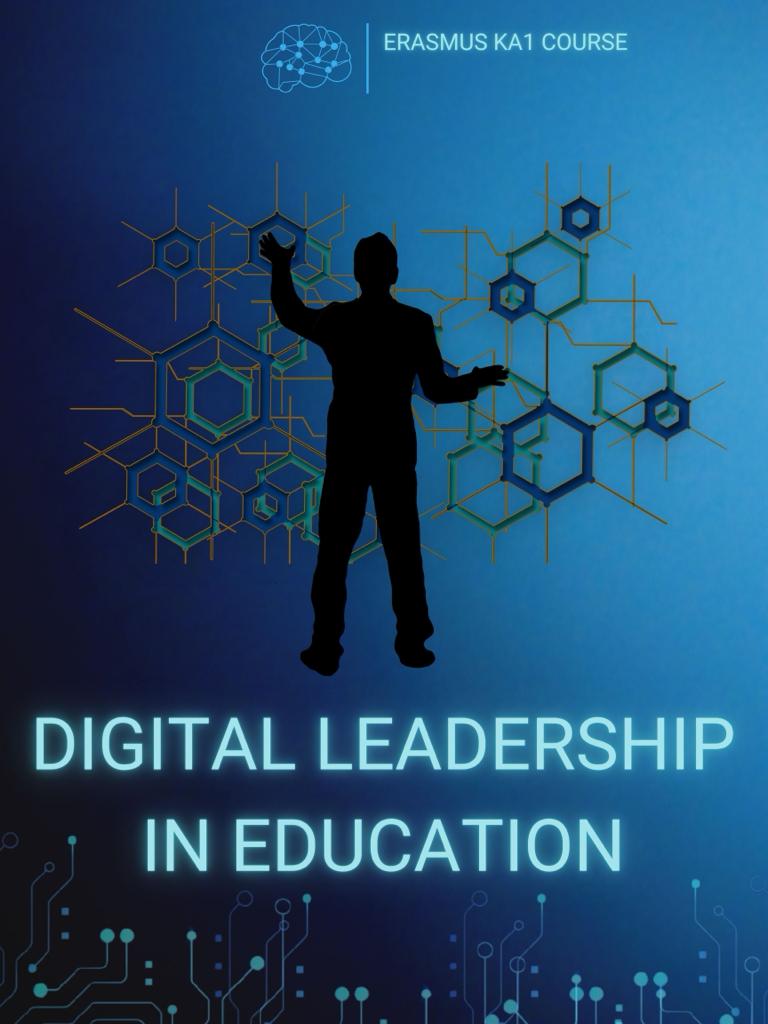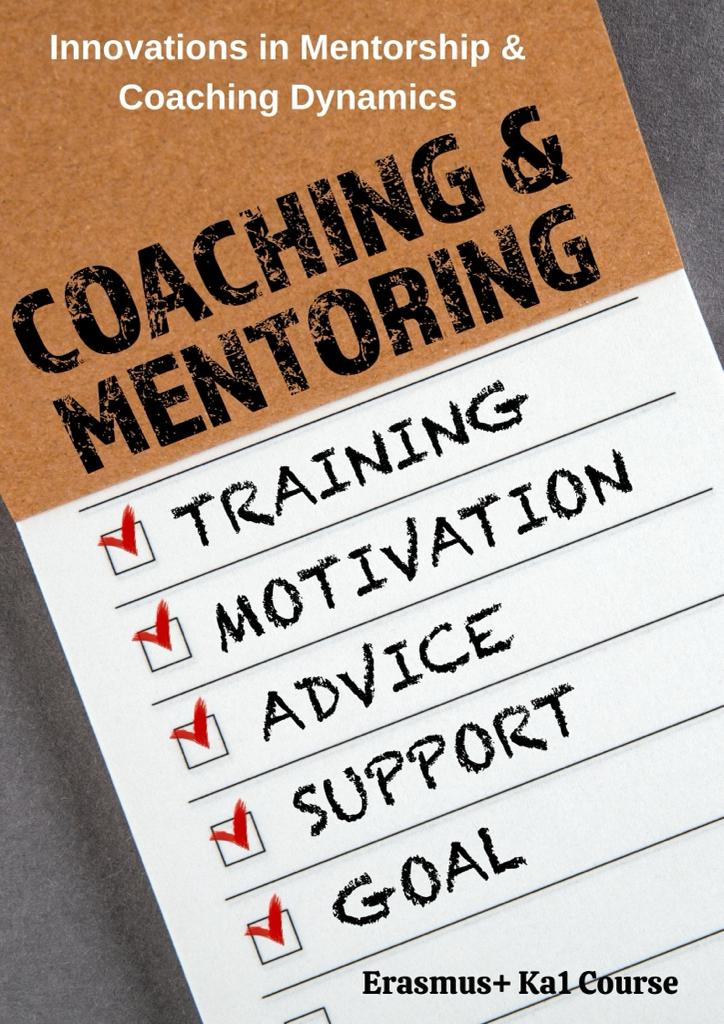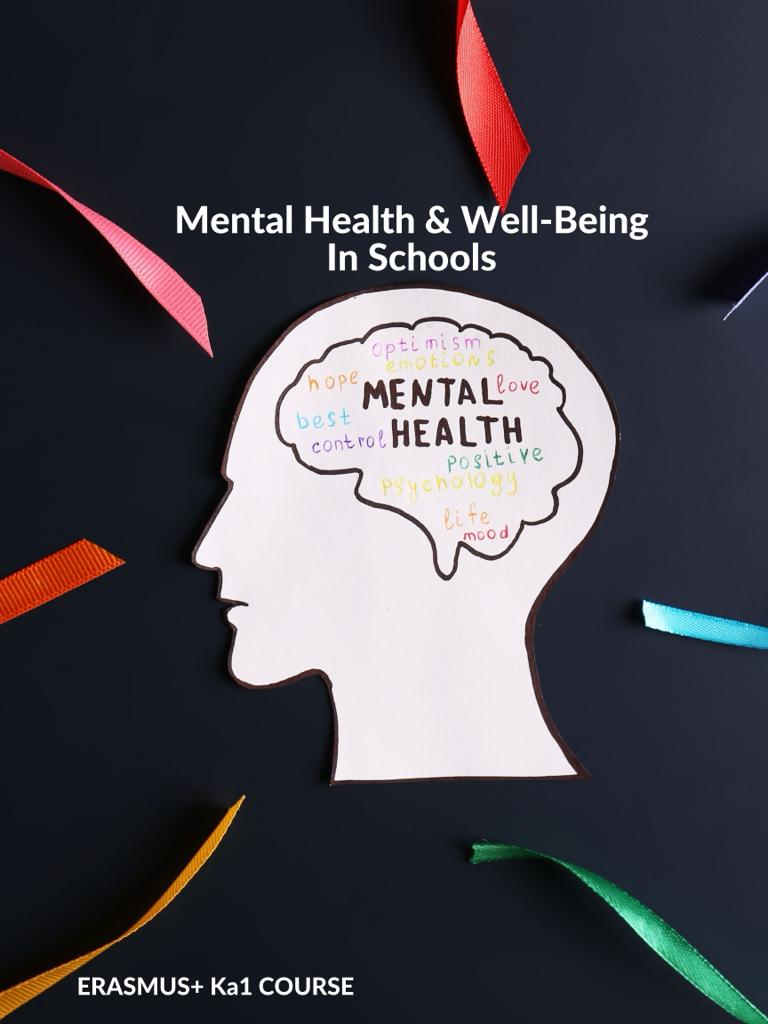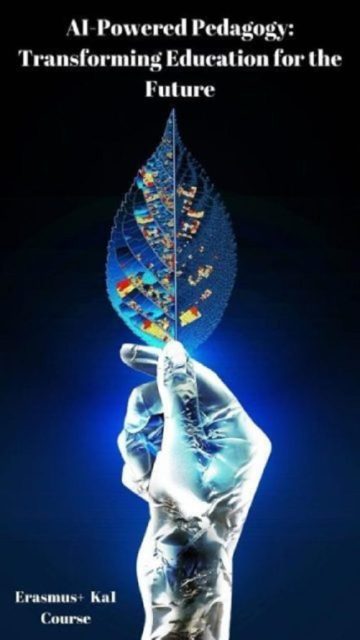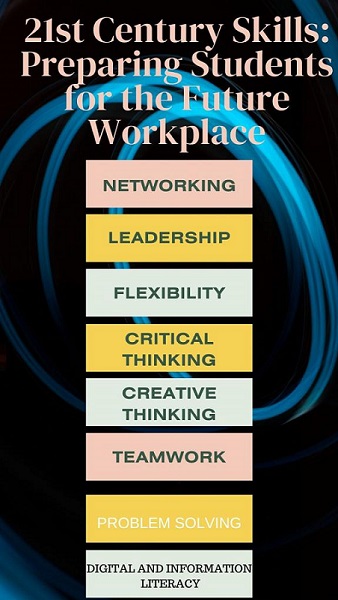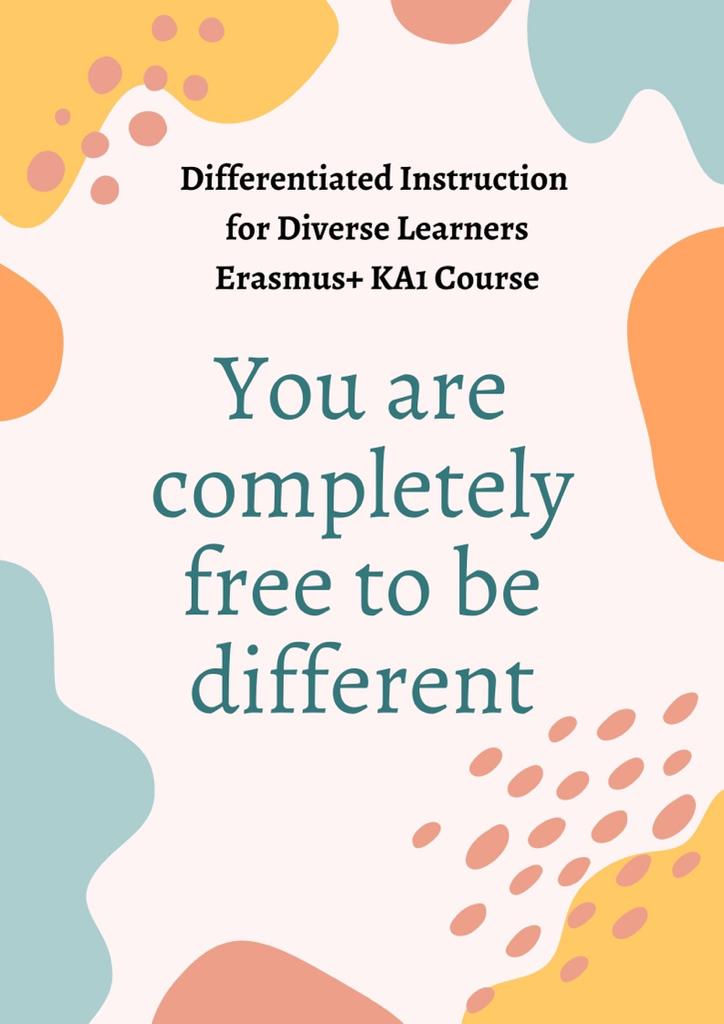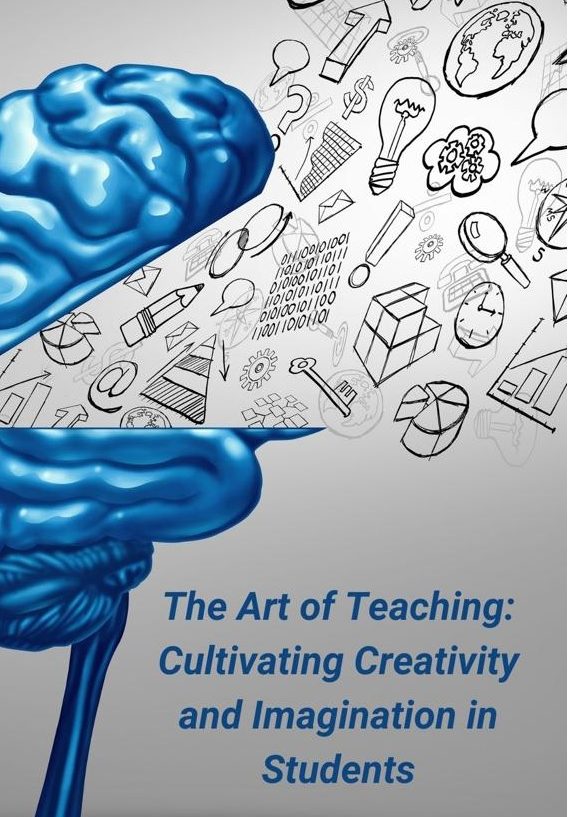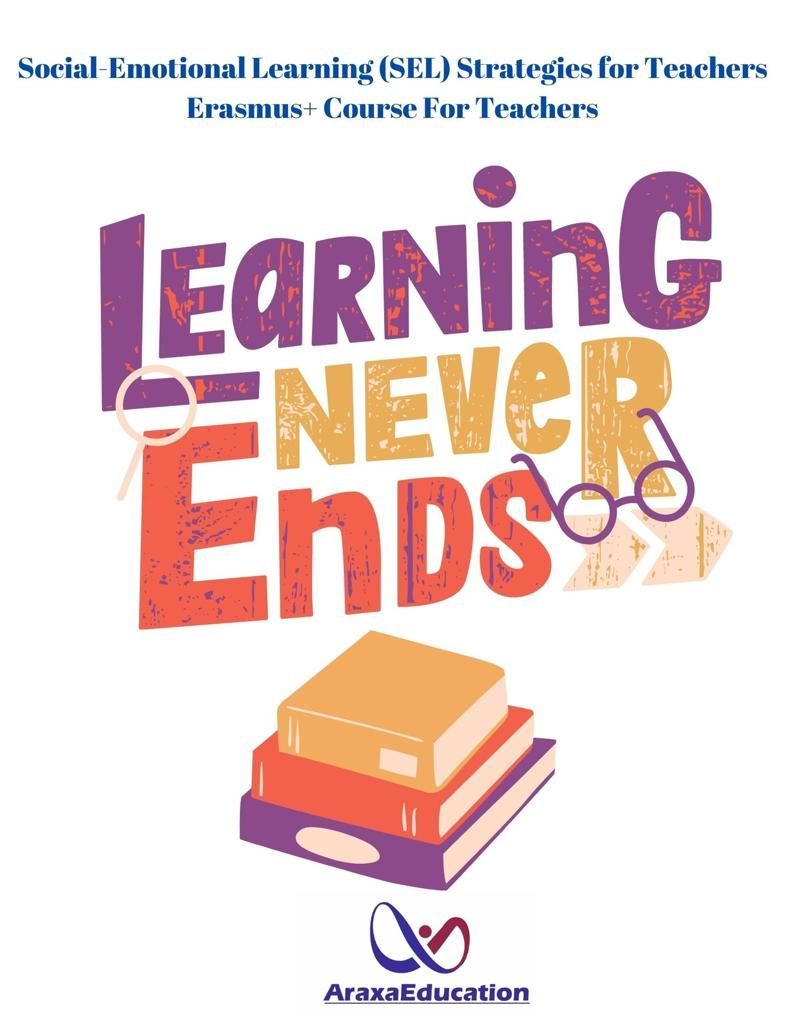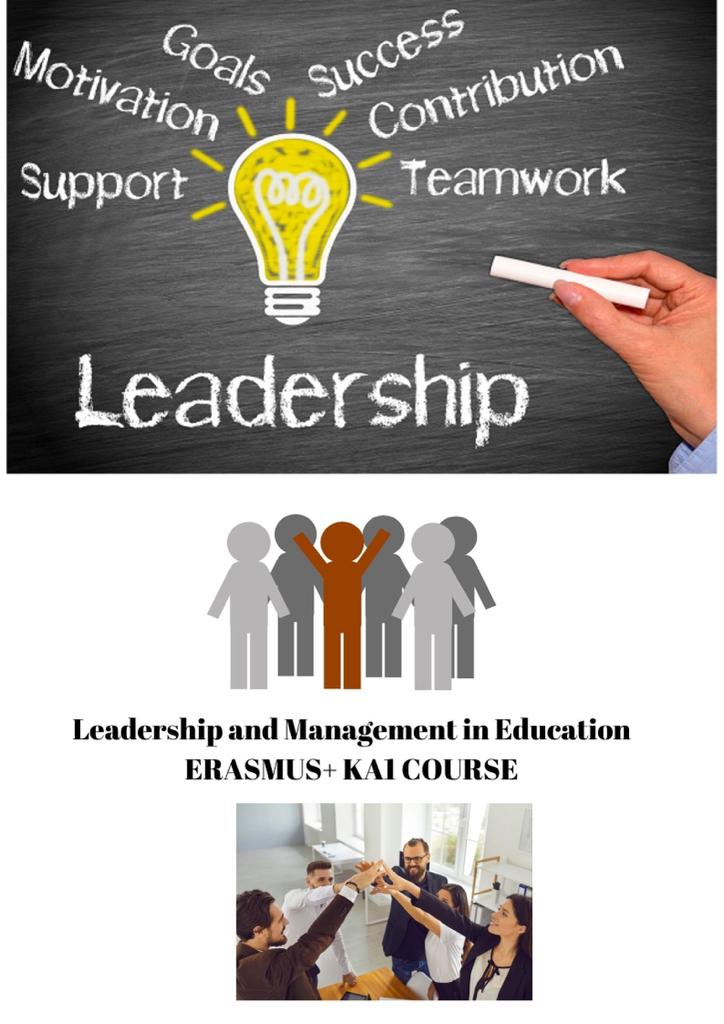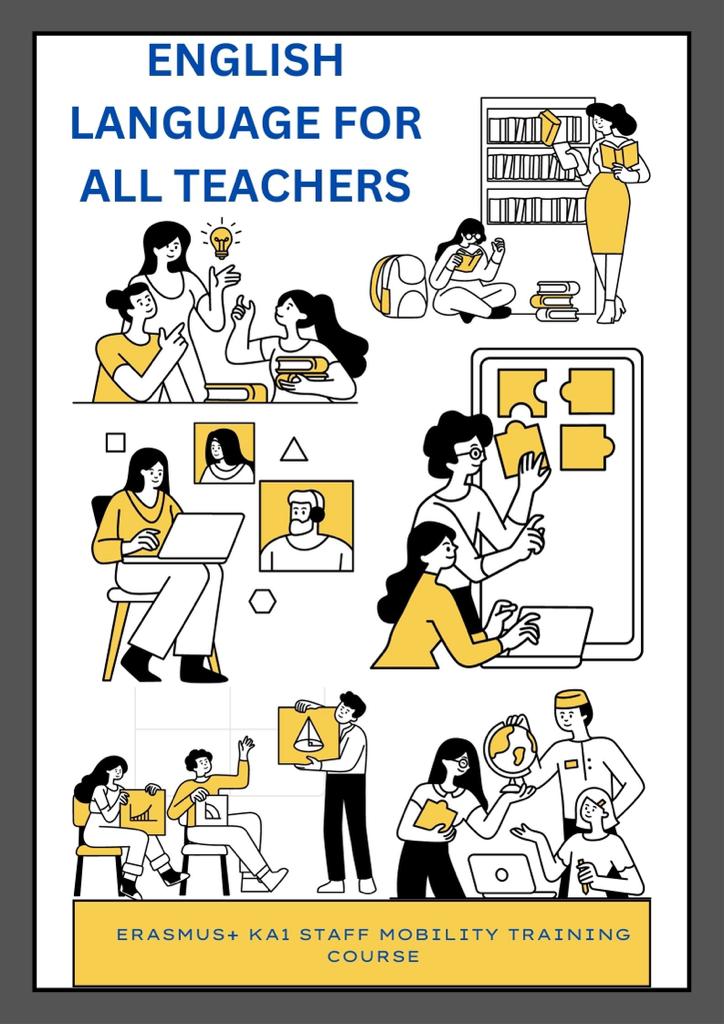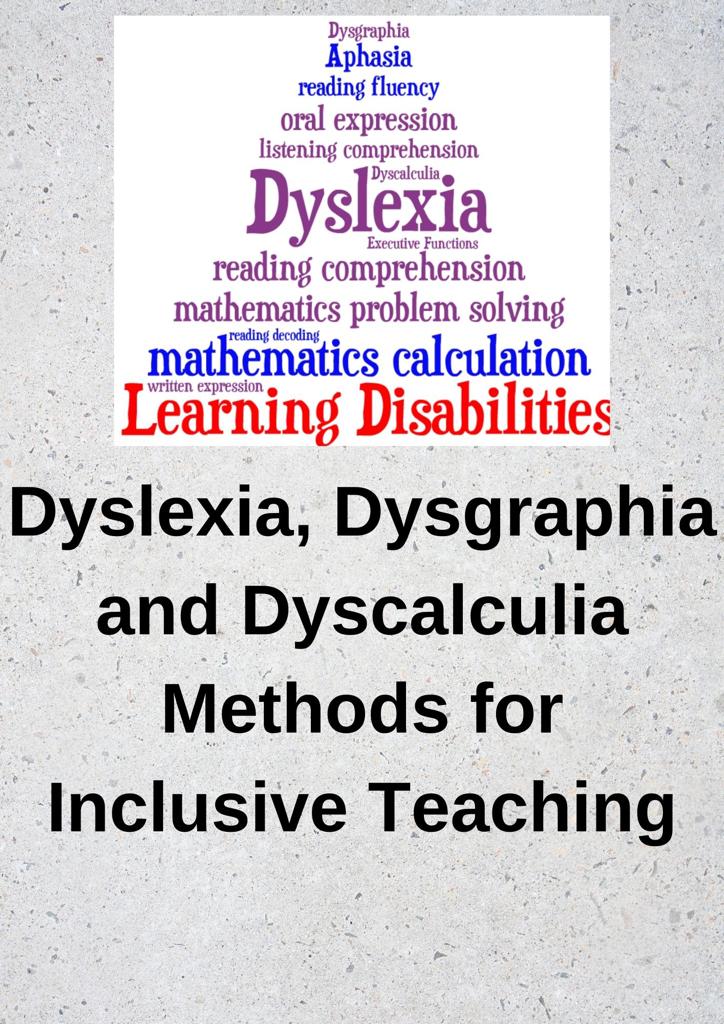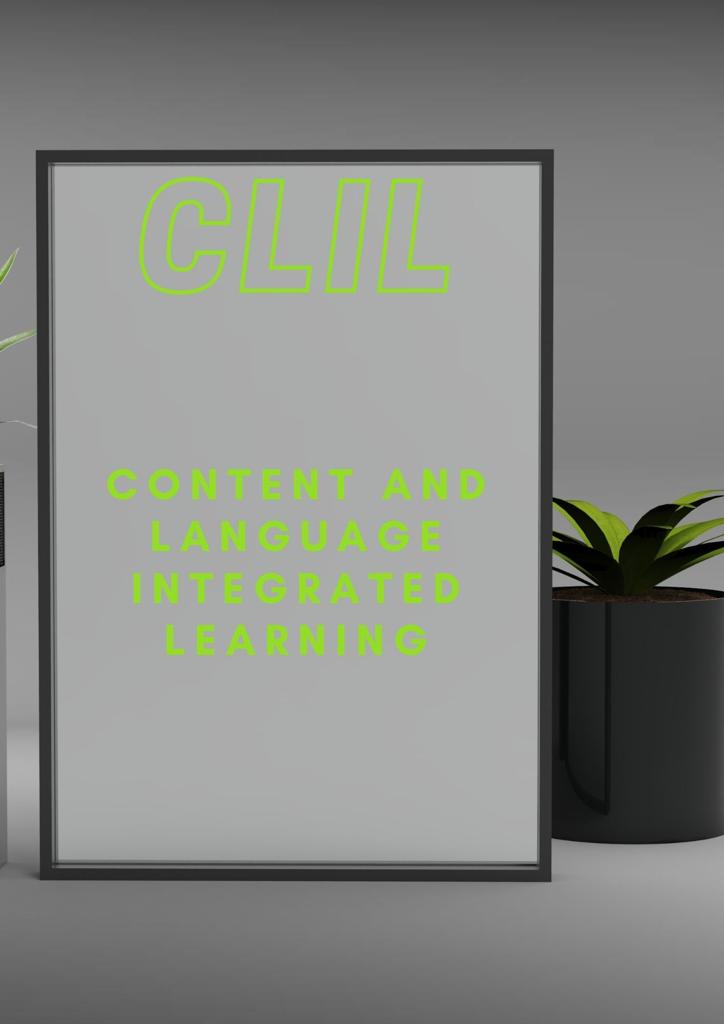| Course Description | This course is for teachers and trainers in school education and adult educators in adult education.
The new skills and competencies will be how to make the activities in lessons more creative and innovative, and activities more dynamic, interesting, and memorable. Creativity and critical and lateral thinking are the most important skills in the 21st century. These skills are necessary for 21st-century communication and interpersonal relationships, as well as for lifelong learning and employment. The course is structured into 6 modules, each of which focuses on a particular area related to creative, critical, and lateral thinking. Module 1: Creative thinking Module 2: Critical thinking Module 3: Lateral thinking Module 4: Art as a form of expression of critical and creative thinking Module 5: ICT tools to target and stimulate creativity and critical thinking Module 6: How can we integrate the competencies of critical and creative thinking into project-based learning? The course offers all participants opportunities for discussions, reflection, and feedback. The teachers and trainers will share their experience and good practices in critical, creative, and logical thinking. This allows the participants to gain new perspectives on thinking and apply them to real-world situations |
| Learning Outcomes | By the end of the course, each participant will be able to:
• learn how to apply critical, creative, and lateral thinking in their activities • improve creative thinking skills and techniques • develop tools and techniques for innovative problem solving • learn how to approach multiple intelligence theory • improve language and communication skills • increase capacity to cooperate on the international level • get practical ideas for applying to PBL • get to know and practice ICT tools for developing creativity and problem solving • enhance intercultural awareness • increase internationalization at the level of education • acquire practical language to be used in lessons and learn new techniques and ideas. • understand the importance of critical and creative thinking in promoting inclusive education |
| Language | English |
| Duration | 7 Days or 5 Days |
| Type of Certification Awarded |
|
Schedule of the activities
|
Online Meeting Program |
|
| Day 1 |
|
| Day 2 |
|
| Day 3 |
|
| Day 4 |
|
| Day 5 |
|
| Day 6 |
|
| Day 7 |
|
| Online Meeting Program | Araxa Edu supports your dissemination activities |
| Course Fee | The course fee is 80 euros per participant per day.
This fee does not cover some expenses like accommodation, travel, etc. Costs covering enrollment fees for staff mobility format ‘Courses and training’. ( Source: Erasmus+ Program Guide) |
You can also make requests for different dates and locations when filling out the pre-registration form, aside from the planned program.
|
PLANNED |
İstanbul, Türkiye
1. May 13-19, 2024 2. June 10-16, 2024 3. July 08-14, 2024 4. August 12-18, 2024 5. September 09-15, 2024 6. October 07-13, 2024 7. November 04-10, 2024 8. December 02-8, 2024
Alanya, Türkiye 1. May 20-26, 2024 2. June 17-23, 2024 3. July 15-21, 2024 4. August 19-25, 2024 5. September 16-21, 2024 6. October 14-19, 2024 7. November 11-17, 2024 8. December 09-15, 2024
Antalya, Türkiye 1. May 27-02 June, 2024 2. June 24-30, 2024 3. July 22-28, 2024 4. August 26-01 September, 2024 5. September 23-29, 2024 6. October 21-25, 2024 7. November 18-24, 2024 8. December 16-22, 2024
Rome, Italy 1. June 03-09, 2024 2. July 01-07, 2024 3. July 29-August 04, 2024 4. August 05-11, 2024 5. September 02-08, 2024 6. September 30-October 06, 2024 7. November 25-01 December, 2024 8. December 23-29, 2024
Paris, France 1. June 10-16, 2024 2. July 08-14, 2024 3. August 12-18, 2024 4. September 09-15, 2024 5. October 07-13, 2024 6. November 04-10, 2024 7. December 02-08, 2024 8. December 30-January 05, 2024
Prague, Czech Republic 1. June 17-23, 2024 2. July 15-21, 2024 3. August 19-25, 2024 4. September 16-22, 2024 5. October 14-20, 2024 6. November 11-17, 2024 7. December 09-15, 2024 8. January 06-12, 2025
Barcelona, Spain 1. June 24-30, 2024 2. July 22-28, 2024 3. August 26-01 September, 2024 4. September 23-29, 2024 5. October 21-27, 2024 6. November 18-24, 2024 7. December 16-22, 2024 8. January 13-19, 2025
Thessaloniki, Greece 1. July 01-07, 2024 2. July 29-August 04, 2024 3. August 05-11, 2024 4. September 02-08, 2024 5. September 30-October 06, 2024 6. October 28-November 03, 2024 7. November 25-01 December, 2024 8. December 23-29, 2024
Lisbon, Portugal 1. July 08-14, 2024 2. August 12-18, 2024 3. September 09-15, 2024 4. October 07-13, 2024 5. November 04-10, 2024 6. December 02-08, 2024 7. December 30-January 05, 2025 |
Unlock the power of creativity and critical thinking with the Erasmus+ KA1 course, tailored for educators in both school and adult education settings.
In today’s rapidly evolving world, creativity, critical thinking, and lateral thinking are essential skills for effective communication, interpersonal relationships, and lifelong learning. The Erasmus+ KA1 course offers educators the opportunity to cultivate these vital skills and integrate them into their teaching practices.
Through interactive sessions and collaborative activities, participants will explore innovative techniques to make lessons more dynamic, engaging, and memorable. By leveraging the Erasmus+ KA1 course, educators can empower themselves to foster a culture of innovation and problem-solving in their educational environments.
Join the Erasmus+ KA1 course today.

